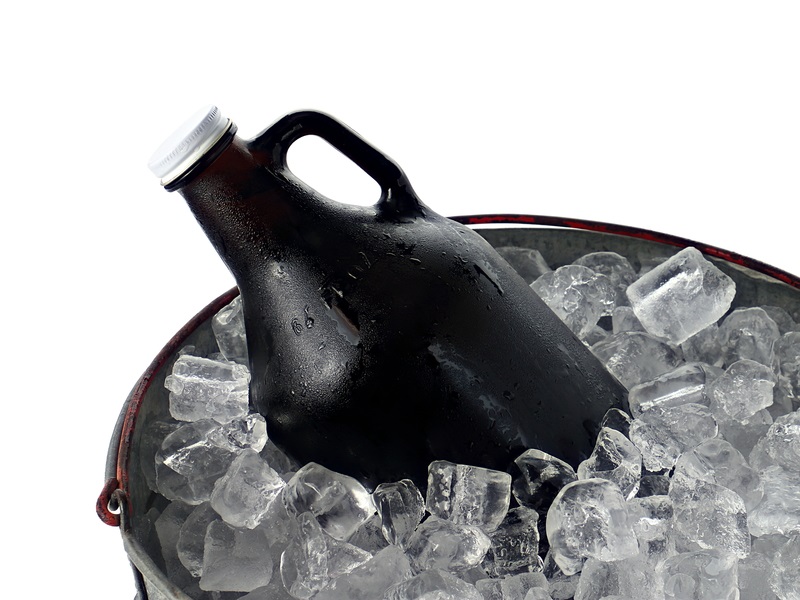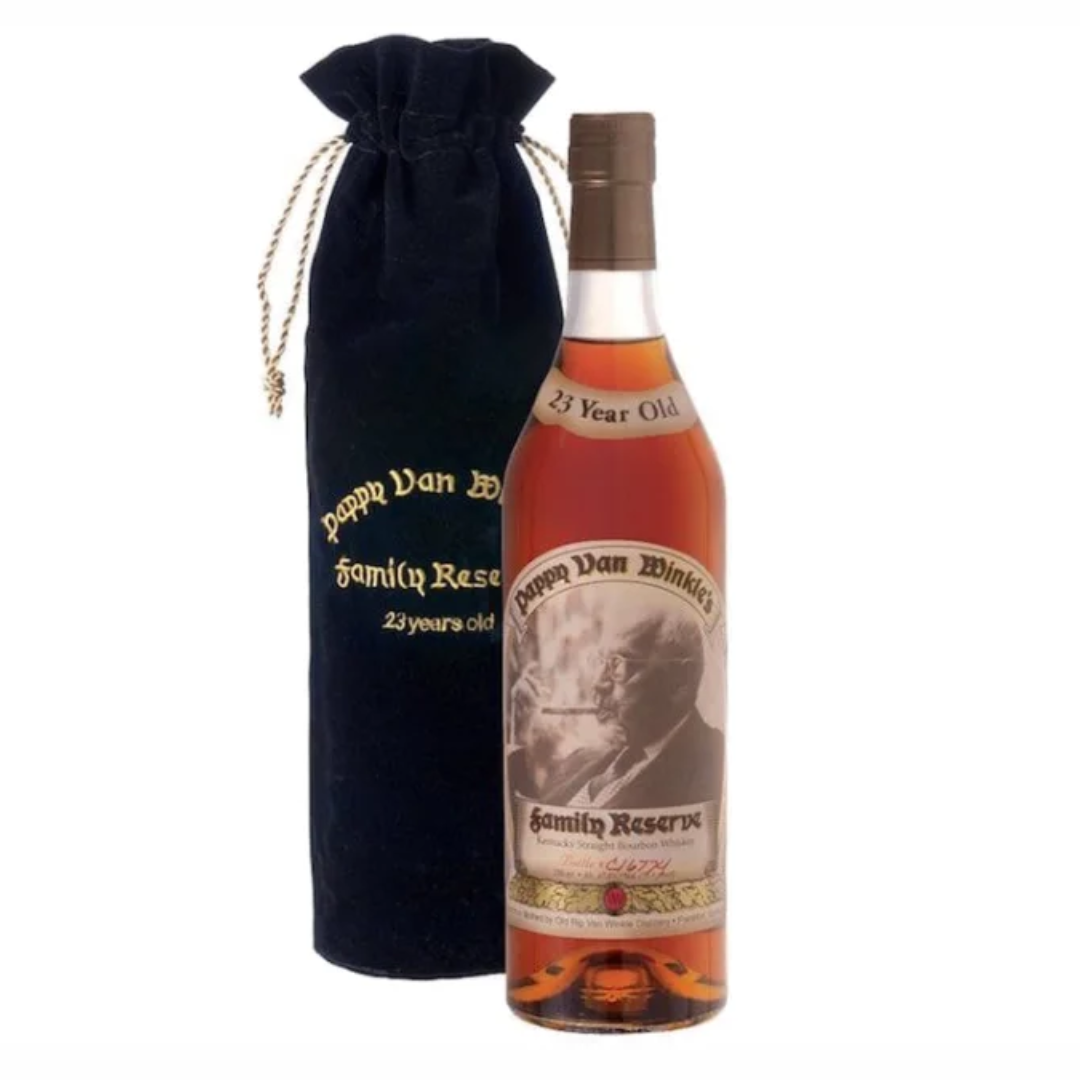Pennsylvania New Distributor Packages, Slushies, and Food Health Safety Considerations

In Pennsylvania, consumers have enjoyed the benefits of new packaging opportunities offered by Pennsylvania Distributor Licenses under recent, dynamic changes to the Pennsylvania Liquor Code. We have chronicled those changes previously in many different blogs including our slushy blog, which you can access here. In representing distributors, we are called upon to deal with many different issues relating to the legality of alcohol distribution including real estate issues, land use questions, regulatory matters, and other areas of law that might not previously have applied to a certain class of license.
Now that distributors can offer single serves and fill growlers and crowlers and slushies to go, we must analyze whether any food safety health code issues associated with such services. A typical, old-school distributor served case beer, tobacco, sodas, and pre-packaged snack items as their staple. Now, some inventive distributors are investing in draft systems, slushy machines, and even pressurized growler and crowler machines to cater to customers in ways no one ever thought possible. It’s great for the consumer, but the collateral compliance issues must always be considered and followed.
Under Section 5.51(a) of the Board’s regulations, any malt or brewed beverage dispensing system must be cleaned using certain methods within a certain time period, typically every seven days. A licensee who has an operating ultrasonic, electromagnetic, or other system that retards the growth of yeast and bacteria in the dispensing line is permitted to follow the cleaning frequency and method set forth in the manufacturer’s guidelines. Regardless of the cleaning method used, the licensees must keep records of the date cleaned, the name of the person who cleaned the equipment and the method used and those records must be kept on file for inspection by the Board for at least two years. We believe slushy machines would fall under the category of a malt beverage dispensing system and would have to follow these guidelines, as would any taps at the distributor to fill growlers and crowlers.
Food safety laws are another consideration. Generally, the moment you decide to prepare food or manufacture food, you must obtain a health permit. A health permit may be issued by your local municipality; however, if your local municipality (or county in some instances) does not have a local health department, health permits are issued by the Pennsylvania Department of Agriculture. Breweries are required to register as retail food facilities and are subject to inspection because they are manufacturing beer which is placed in the category of food, not only by the Pennsylvania Department of Agriculture but also with the Federal Food and Drug Administration.
Since distributors are pouring beer into glasses or into slushy machines and, ultimately, into to-go cups, they will have to obtain a retail food facility license, either from the Pennsylvania Department of Agriculture or from the local municipality or County. Permit applications are $82.00 a year and can be accessed online on the Pennsylvania Department of Agriculture website. Generally, any distributor filling growlers is required to have a two-bay sink and a handwashing sink, as several supervisors in the Department of Agriculture Regional Offices have confirmed. We have found Department of Agriculture Offices to be very cooperative on information for applying for these permits and believe the effort necessary to meet this requirement is marginal compared to the great opportunity for distributors to serve Pennsylvania consumers.
For additional information regarding this matter, or for any federal and Pennsylvania liquor law matters or general manufacturing and distribution advice, please contact me at tzeller@norris-law.com or call our offices at 610-391-1800.




